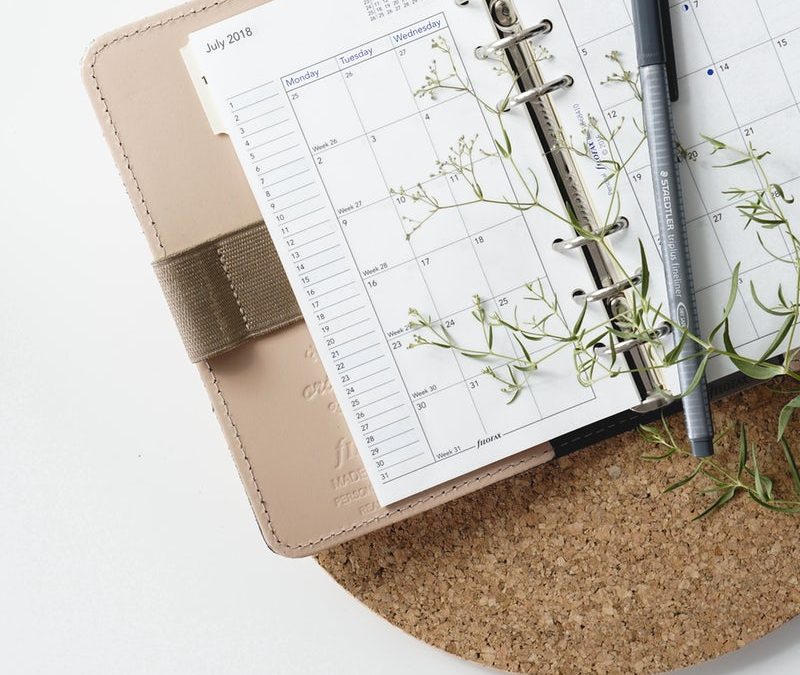Ed and I love to plan.
We have already scheduled the trips we will take in 2020. We have a month-by-month set of specific timelines to finish the novel we’re writing. And we have detailed plans for each day: Morning salutations 8:00–8:30. Writing 9:00–11:00. Gym 11:00–12:00. Writing 1:00–3:00. Holding each other 3:00–3:30. Tai chi 3:30–4:30.
It’s how we stay efficient, we argue in our defense. Life is short. We have dreams of what we still wish to accomplish in the time we have left, so we create specific plans detailing how we’ll go about achieving them as efficiently as possible.
Planning has worked well for us in the past. It has allowed us to follow our dreams and turn them into realities. It has given us a sense of control over where we were headed and how we were going to get there.
It made us feel like we were in control.
That’s the antithesis of living mindfully, isn’t it? A key principle of mindfulness is letting go of our illusions of control and being fully present in the moment.
The irony about much of our planning today is that it involves scheduling times for mindfulness. By making sure that every day includes a time for stillness, we are in effect planning a specific time each day to let go of planning.
I have to laugh about the absurdity of it.
I wonder what life would be like if Ed and I simply allowed time to flow naturally, without imposing our schedules on it?
I’d like to try that sometime. But first, I need to accomplish what I set out to do today.


Planning is not a new addiction in our lives. Decades ago I listen to a seminar leader clarify the importance of being mindfully present. When I had the opportunity I suggested to him that there was significant evidence demonstrating the power of futuristic visioning, goal setting and planning in achieving higher outcomes in life. I then asked him how that focus on the future fit with mindfully presents. His simple answer was: be mindfully present when you are planning. Makes sense to me.
Many thanks for disclosing how it is that you structure your days to include time for productivity and for rejuvenation. It is a mindful process. Also you are setting goals out there for what you want to accomplish and what it will take to get there. I am in complete agreement. I flounder with a completely unstructured day though there are times after a big push that I give myself permission to kick back, reward myself with something purely pleasurable.
I did have an experience yesterday that opened my eyes. I had been feeling like I needed some big blocks of alone time to work on a longterm project–and I didn’t have big blocks of time. (Or was I really just avoiding and procrastinating.) Well yesterday I did have essentially the entire day to work and found I couldn’t really be productive and creative for more than about two 2-hour intervals! So now I will follow your lead with your scheduled writing and aim for even just one focused session a day of 1-2 hours. That’s 5-10 hours a week–plenty of time to move forward.
Pat, what you say is often true for me as well. After a few hours, productivity seems to slip away.
Oh and I should hasten to add…we sometimes deviate a lot from this schedule…but it’s a good thing to aim for…as long as we’re not guilt-ridden if we slip up:-)
Most of my life as a business man was structured around setting goals, daily/weekly/monthly/yearly, and achieving them, not only for me but most times for our many employees and customers. I totally appreciate what you and Ed are doing in your life’s. I, on the other hand, am enjoying the freedom of spontaneous ideas and going with the flow that partial retirement has released me into. I wish you every happiness in your established goals.
Hank, thanks for your comment! Maybe you can teach us a thing or two about going with the flow. But I have to admit that a part of me would strongly resist learning it…I feel like there are still so many things I want to do in the time I have left…